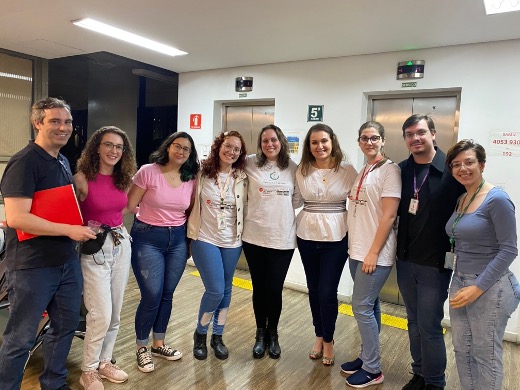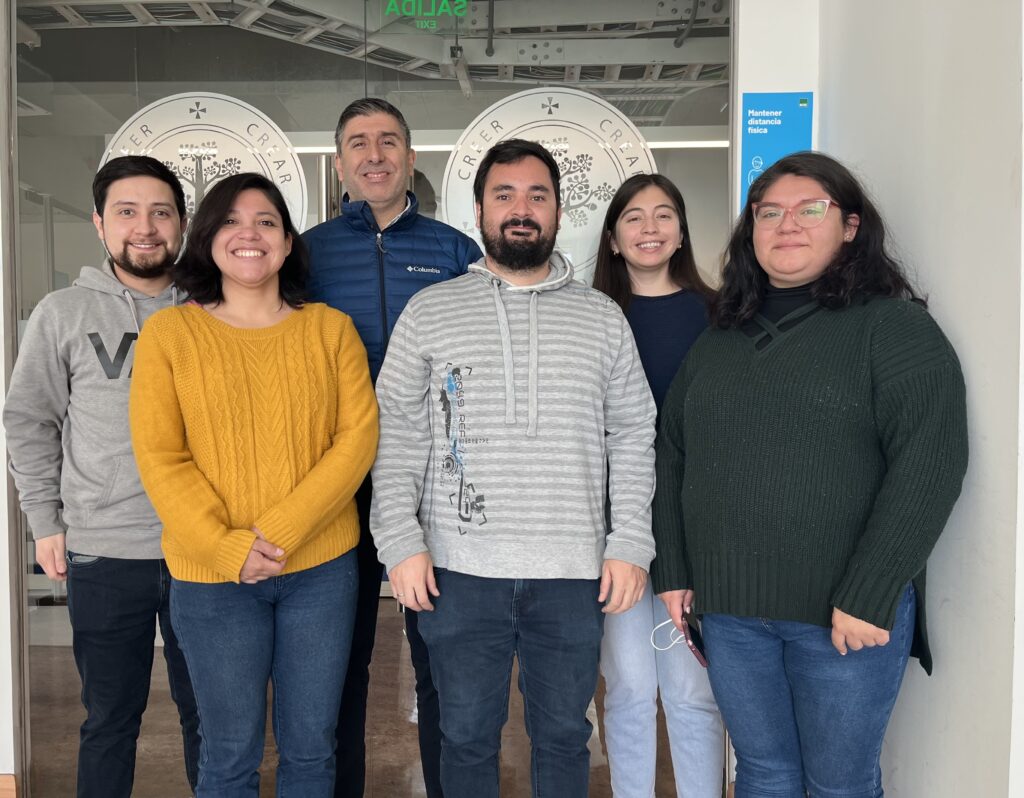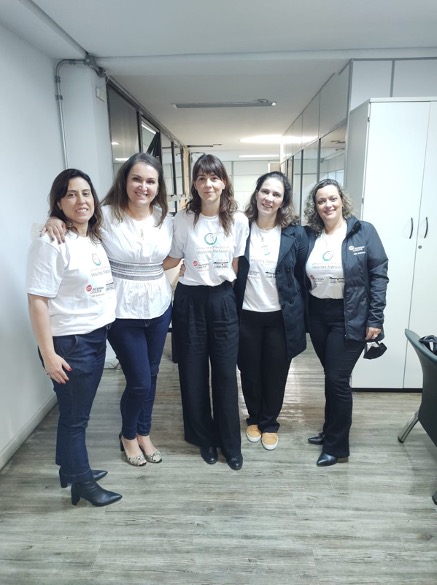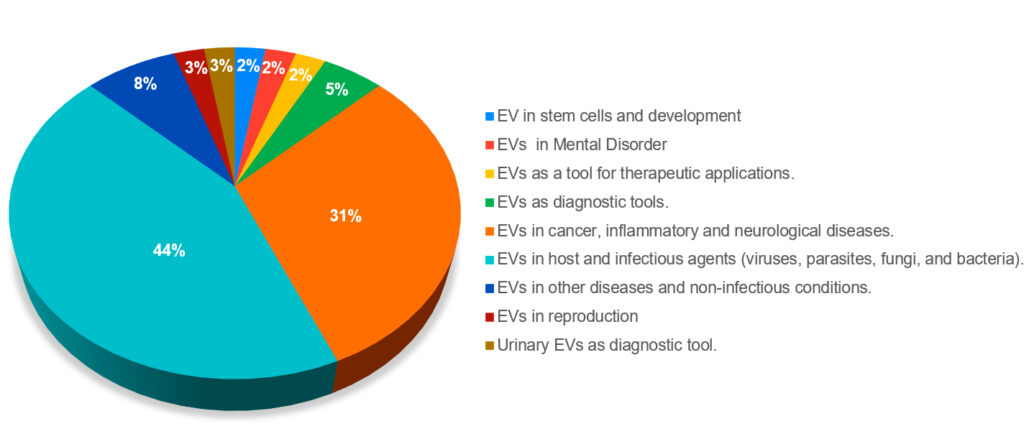In recent years, studies of extracellular vesicles (EVs) in many types of cells, pathogens and plants have acquired great importance since these structures can act on cellular interaction and communication. The EVs can carry several molecules, such as RNA, DNA, proteins, lipids, and small metabolites. The proteins present on their surface can induce inflammation, modulate the innate and acquired immune response, and control the mechanisms of invasion, host-pathogen interaction, and cell communication. There is a wide interest in the study of EVs, since they can be used as biomarkers, antigens for vaccine development, diagnosis, and therapy of various diseases. However, several basic aspects are still unknown by researchers in the field.


Latin America Discussion Group
The EV field is translational and permeates all the areas in biological sciences as distinct aspects can be approached in virtually all organisms. To create an atmosphere of interaction, we developed and released this community website. The idea is to start a platform to reach all the groups in the EV community to interact and grow together, as a network for technical and theoretical expertise exchange among groups and enhancing collaboration opportunities. In addition, the aim is to improve the interaction between countries in south-south cooperation and further improve the research in the EV field throughout Latin America. Therefore, we welcome and encourage all researchers to join and contribute to the LatinEV website to enhance research productivity, and impact and gather significant funding opportunities. The organizers of this discussion group in Latin America are researchers Ana Claudia Torrecilhas (UNIFESP) and Lysangela R. Alves (Fiocruz), with the support of web designer Wagner Nagib.
History
The International Society for Extracellular Vesicles (ISEV) was conceived from discussions between researchers in the EV field in Paris in 2011. In the following years, the interest in studying extracellular vesicles was intensifying worldwide since EVs are involved in various mechanisms of cellular communication in various models of infectious and inflammatory diseases. The intensification of these studies then led to the creation of this Society. To gather more information and allow interaction among the groups in Latin America, we developed a survey to identify the research groups that work in the EVs field and their characteristics, which we observed to be distinct from the other countries/regions. The survey consisted of 11 questions sent to more than 150 researchers from where we gathered information from more than 50 research groups in Latin America.

Research Areas
All numbers


Here you can find a list of protocols designed to purify EVs from different cell types. There are also protocols for protein and nucleic acid extraction.





